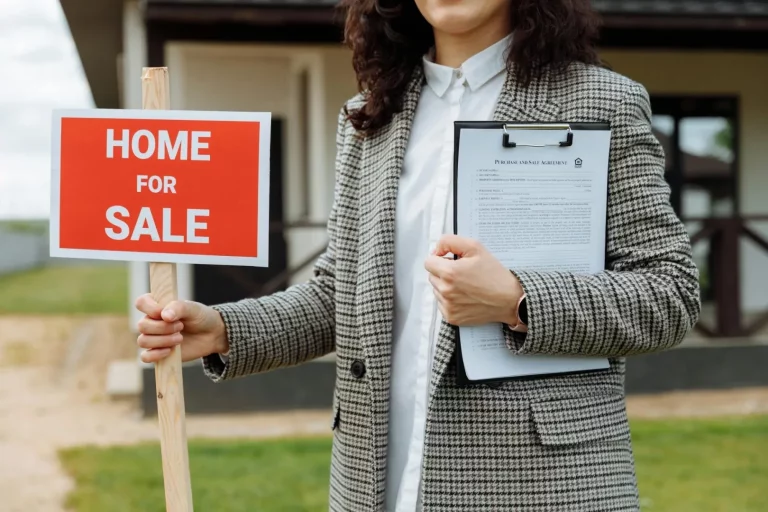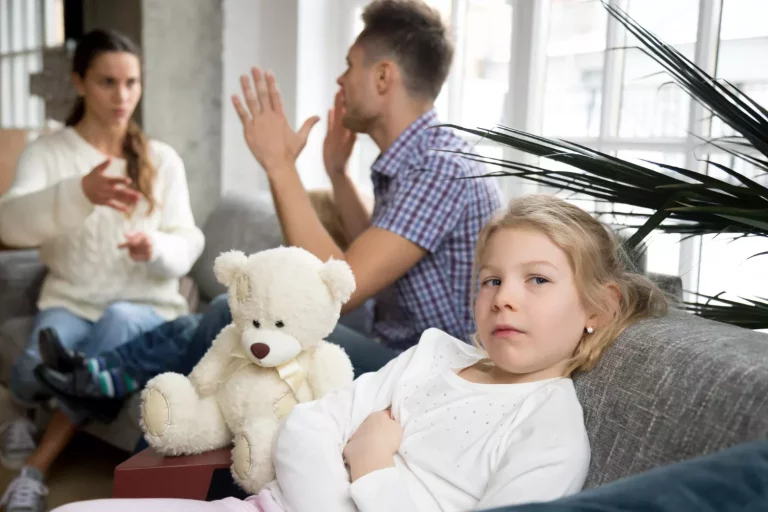Emotional Divorce: Understanding the Impact on Relationships
Have you ever felt overwhelmed by the emotional toll of divorce? At TheBostonDivorceLawyer, we understand the challenges of navigating the complex feelings that come with ending a marriage. Join us as we explore the impact of emotional divorce and provide tips for finding peace during this difficult time.
As demonstrated by legal experts, emotional divorce refers to a situation where spouses are still married but have emotionally disconnected from each other. Emotional divorce can occur when there is a lack of trust, communication, or intimacy between the spouses.
Causes of emotional divorce
Emotional divorce can be caused by several reasons:
- Communication Problems: When couples have trouble talking openly about their thoughts, feelings, and needs, it can lead to misunderstandings and unresolved fights. This creates emotional distance between them.
- Lack of Emotional Intimacy: If partners feel unsupported, neglected, or unappreciated, they might start to pull away and look for emotional connections elsewhere.
- External Stress: Issues like money problems, work stress, or family troubles can put a lot of pressure on a relationship. Come to think of it, without good coping skills or support, this stress can weaken their bond.
- Past Trauma: Problems from past relationships or personal trauma can affect how partners connect with each other. If they carry emotional baggage, it can be hard to trust and bond in the present.
All these factors can slowly damage the emotional connection between partners. If these problems aren’t addressed, they can lead to a feeling of growing disconnection, Um, so ending this breaking down the relationship.
Signs of emotional detachment
A common sign of emotional detachment in a relationship is not showing emotions or being open. This can mean avoiding serious talks or not being vulnerable with each other. Another sign is a drop in closeness, both physically and emotionally. This might look like fewer hugs or kisses, or less sexual intimacy.
Someone who is emotionally detached may also seem uninterested in their partner’s life. They might not care about their partner’s well-being or try to support them. This can make both people feel emotionally distant from each other.
Come to think of it, additionally, a person who is emotionally detached might have trouble communicating their feelings or thoughts. They may find it hard to tell their partner what they need or want, which can lead to misunderstandings or arguments. This poor communication can create a barrier, making it hard to connect deeply.
Impact on mental health
When a couple starts to feel distant from each other, they can feel lonely, sad, and isolated. This emotional gap can cause depression, anxiety, and any number of emotional struggles. Without a close connection, one might feel empty and detached from their partner, which can harm their mental health.
People going through an emotional separation might feel angry, resentful, and frustrated. They may deal with low self-esteem and feel that they are not loved or wanted. In other words, these feelings can make them doubt their worth, which can hurt their overall mental health.
The loss of emotional closeness can also make someone question who they are and what their role in the relationship is. Without a strong bond, they may feel uncertain and confused about their value and future.
Communication breakdown
When couples no longer feel close, they often have trouble sharing their feelings and needs with each other. This can lead to misunderstandings, arguments, and feeling alone in the relationship.
One common problem in these situations is that partners struggle to express their emotions openly and honestly. They might be afraid of being judged or rejected, which creates a barrier and makes it hard to solve their issues together.
Another issue is that they stop listening to each other and showing empathy. On a serious note, when partners don’t pay attention to each other’s feelings, it creates a sense of disconnection. Without understanding and compassion, it becomes difficult to fix the relationship and move forward.
In short, communication breakdown happens for many reasons, such as lack of trust, unresolved conflicts, and emotional distance. Without good communication and understanding, couples may find it hard to rebuild their connection and have a healthier relationship.

Coping strategies
One way to cope with a breakup is to talk to friends, family, or a therapist about your feelings. Doing things you enjoy, like exercising, meditating, or hobbies, can also help reduce stress and lift your mood.
Setting clear boundaries with your ex-partner is very important for your emotional health. This might mean only talking about necessary topics and avoiding situations that upset you. Taking care of your body by eating well, resting enough, and staying away from harmful habits like drug or alcohol use can also help you handle the emotions of a divorce.
It seems that, being kind to yourself and accepting your feelings without harsh judgment can help you manage your emotions better. It’s okay to mourn the end of the relationship and give yourself time to heal. Writing in a journal or expressing your feelings through art or music can also be healing.
Remember, healing from a breakup takes time. Don’t hesitate to seek professional help if you need it. By finding and using coping strategies that suit you, you can gradually move on and regain your emotional strength.
Bringing it All Together
Emotional divorce can have devastating effects on individuals and their relationships. It is important to recognize the signs and seek help to address underlying issues before irreparable damage occurs.
What TheBostonDivorceLawyers is highlighting the need for is, by prioritizing communication, empathy, and mutual understanding, couples can work towards healing and rebuilding their emotional connection. Always remember, emotional divorce can be just as damaging as a legal one.
References
- “Emotional Divorce: How to Move on with Your Life” by Dr. David Visbach, Routledge
- “Emotional Divorce After Divorce: How to Handle Divorce and Child Custody Without Losing Your Mind” by Dr. Robert Emery, Simon & Schuster
- “The Emotional Discovery: Emotional Healing with Past Life Regression” by Dr. Brian Weiss, Hay House







